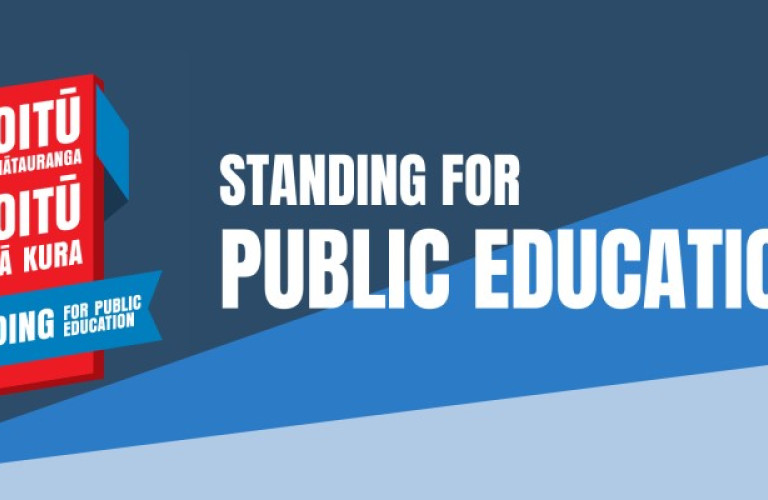Charter schools legislation contains unpleasant surprises
New charter schools legislation, introduced to Parliament this week, contains some unpleasant details that the Government has deliberately not been upfront about, says Chris Abercrombie, PPTA Te Wehengarua president.

“We are shocked to see it includes legislating completely over teachers’ rights under employment law and their own employment agreement.”
Usually if public schools merge or close, teachers can access support to relocate to other schools, or are eligible for redundancy type provisions. However, this legislation proposes that if a public school converts to a charter school, then teachers, principals, and all school employees would be forced to either transfer to the new charter school – or resign.
This is despite charter schools having stark differences to state schools. For example, charter schools will not be required to employ trained and registered teachers or teach the New Zealand Curriculum or provide a New Zealand qualification.
“Effectively the Government is seeking to strong-arm teachers into charter schools. Associate Education Minister David Seymour has said repeatedly that teachers will want to teach in charter schools. Why then remove the provisions that protect teachers’ choice to opt out of a conversion with dignity and keep our valuable teachers in the state school teaching workforce?”
Chris Abercrombie said there was no proof that charter schools were successful when they were introduced last time – and the fact that all of them, bar one, have been reintegrated into the state school system showed they were an unnecessary experiment.
“There is nothing charter schools claim to do that can’t be done in a local state school, given the resources and political commitment. The only thing charter schools have been proven to do is to open the door to the privatisation of our education system by enabling businesses to come in and run schools for a profit.
“New Zealanders want their local schools to be community assets, run by local representatives – not commercial conglomerates. The $153 million being poured into the charter school experiment could – and should - be put to far better use in our local state schools.”
Last modified on Tuesday, 25 June 2024 12:39
